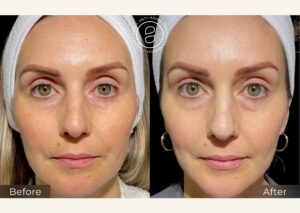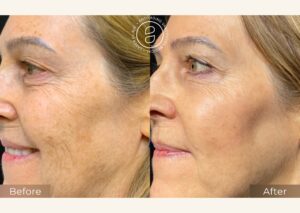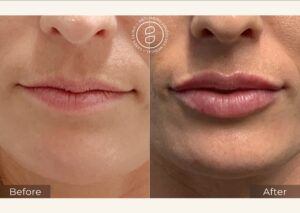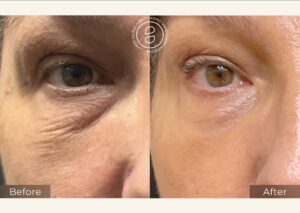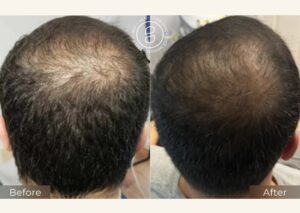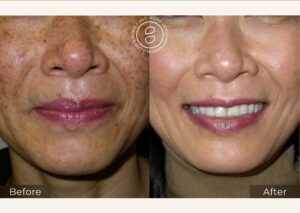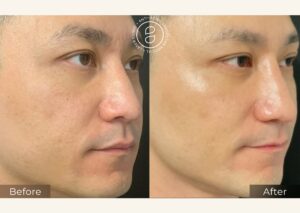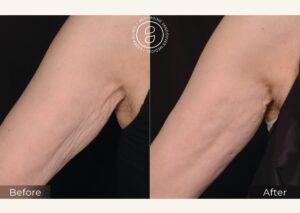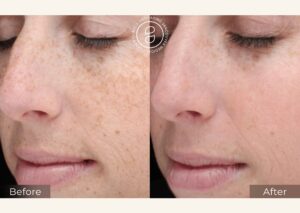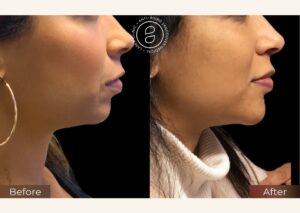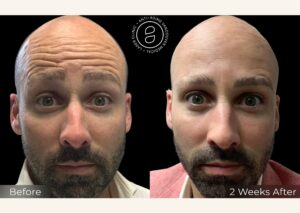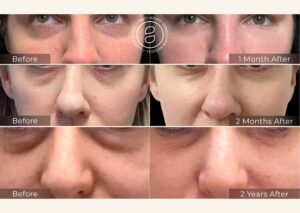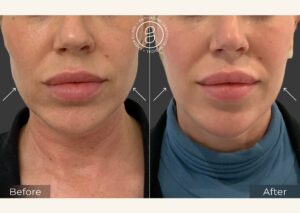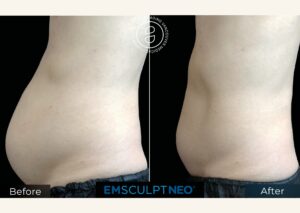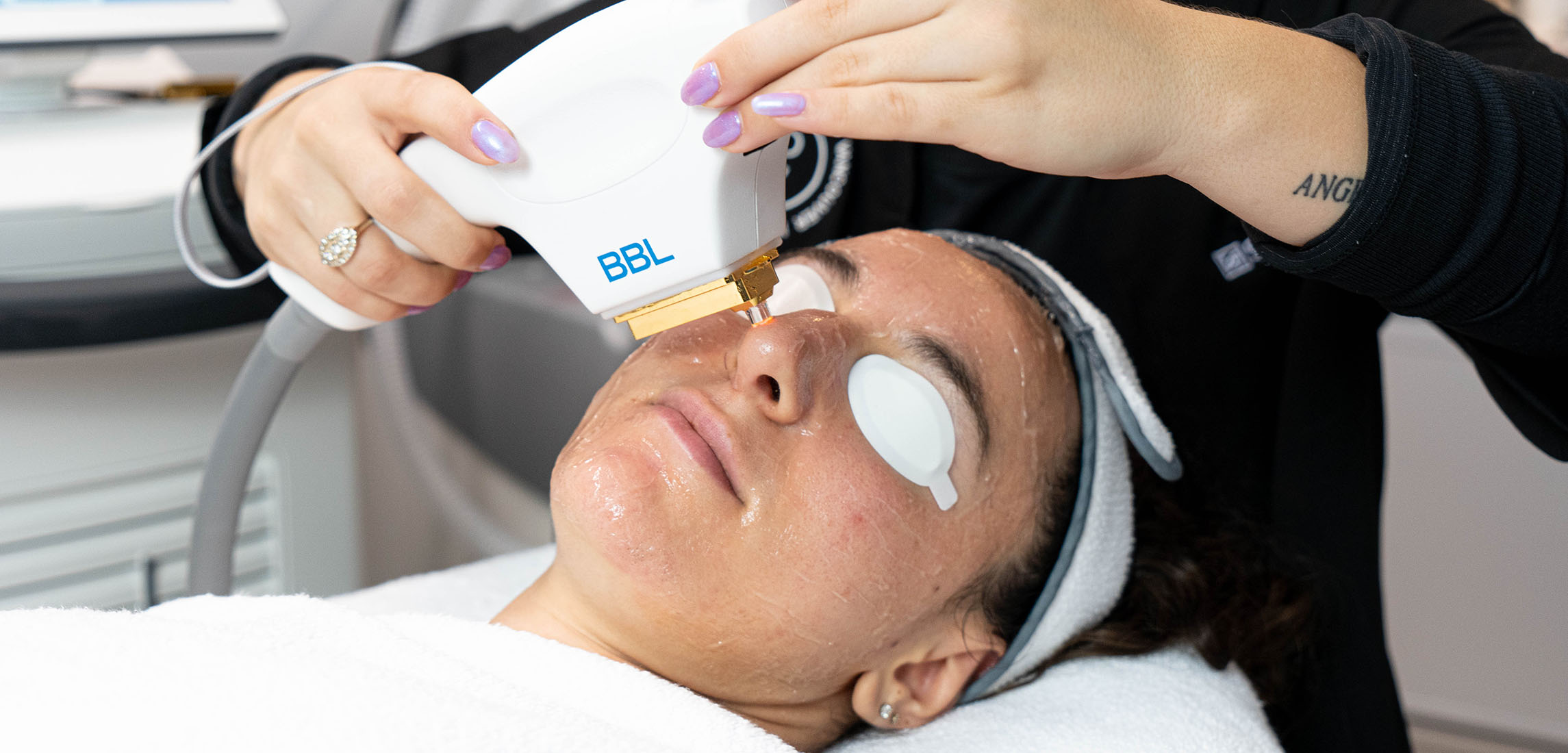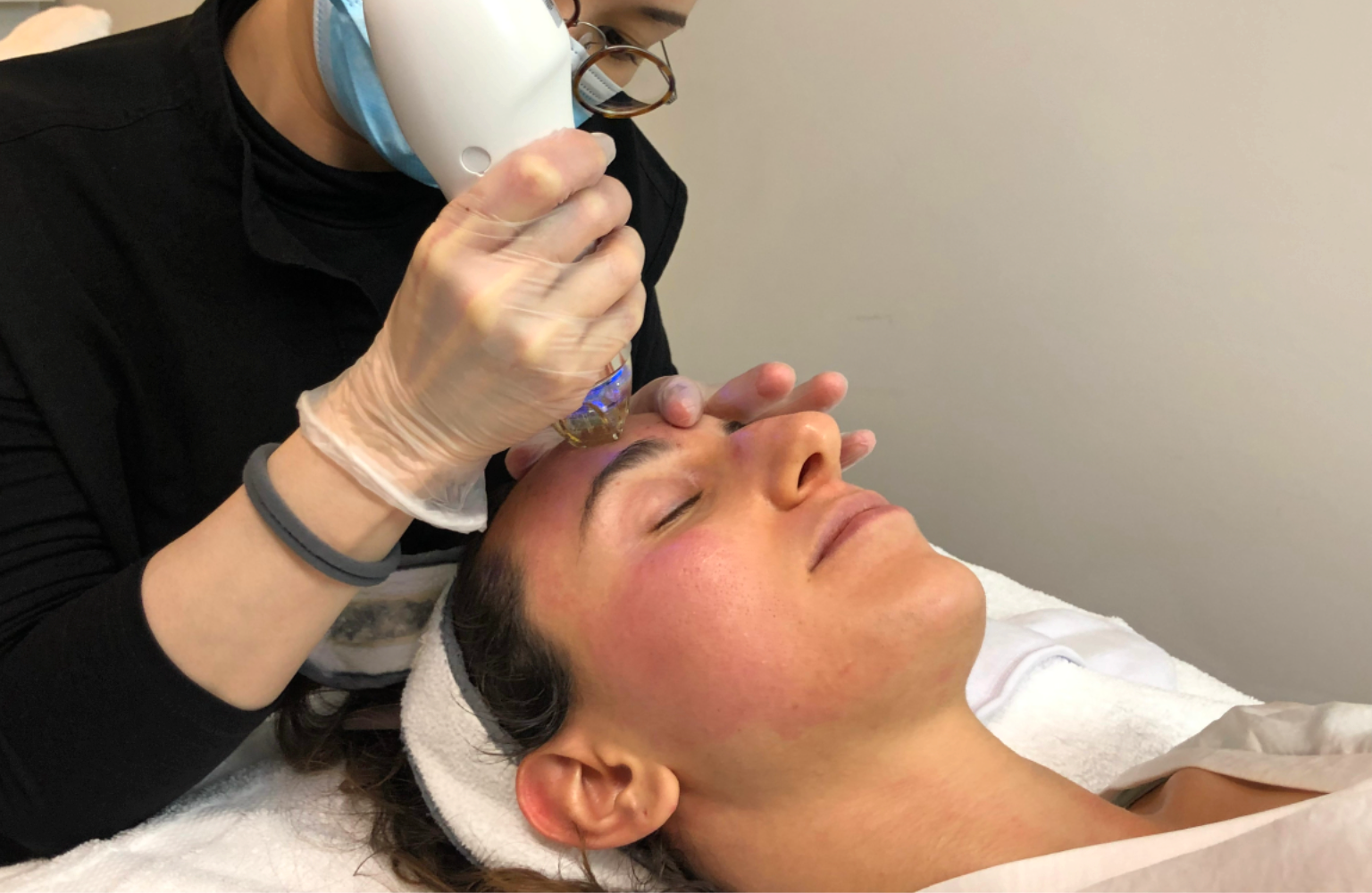Understanding and Treating Bruxism (Teeth Grinding)
In a world where stress often leaves its mark on us in various ways, sometimes it’s not just our minds that bear the burden, but our bodies too. Imagine, you wake up one morning, and your jaw feels tight, your teeth aching as if they’ve been engaged in a nighttime wrestling match. If this sounds familiar, you might be among the millions affected by bruxism, a condition often underestimated yet significantly impactful. Here, we will delve into the underlying factors contributing to this condition, ranging from its initial signs to the available treatment options aimed at providing relief.
What is Bruxism and Temporomandibular Joint Disorder (TMJ)?
If you find yourself grinding or clenching your teeth frequently, chances are you’re experiencing bruxism. Bruxism, often referred to as teeth grinding or jaw clenching, is an involuntary activity that involves grinding, gnashing, or clenching of teeth. While occasional bruxism might not cause significant harm, persistent and severe cases can lead to dental issues, disrupted sleep patterns, and even jaw disorders known as Temporomandibular disorders (TMD)).
Bruxism often goes hand in hand with temporomandibular joint disorder (TMJ), a painful condition arising from jaw joint misalignment. The TMJ serves as a pivotal sliding hinge, facilitating the movement of your jaw as it opens and closes. When individuals encounter tenderness, sensitivity, pain, or even locking of the TMJ, they are experiencing temporomandibular joint disorder.
It’s not uncommon for bruxism and TMJ to coexist, particularly for those prone to nighttime teeth grinding.
First Signs of Bruxism
One of the initial signs of bruxism that often is stiffness or pain in the jaw, particularly in the morning upon waking up. Others might hear clicking or popping sounds when they move their jaw, indicating potential temporomandibular joint (TMJ) issues associated with bruxism.
Symptoms
The symptoms of bruxism extend beyond mere dental discomfort. Chronic bruxism can result in worn tooth enamel, tooth sensitivity, headaches, earaches, facial pain, and disrupted sleep patterns. Moreover, the relentless grinding can exacerbate existing TMJ disorders, leading to further discomfort and restricted jaw movement.
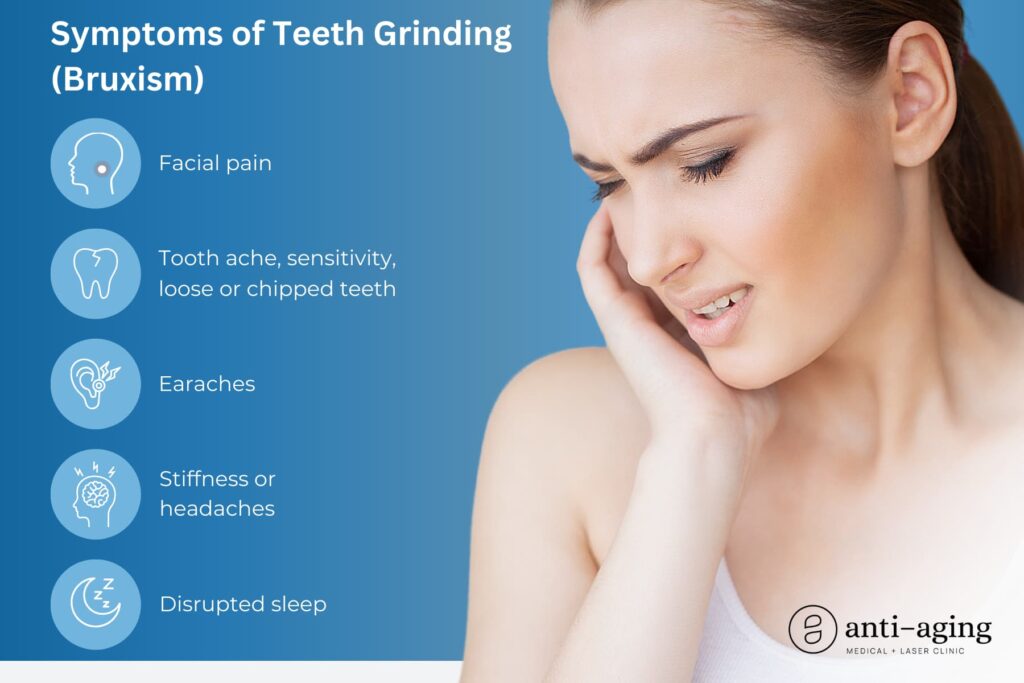
Treatment for Bruxism
Addressing bruxism involves a multi-faceted approach aimed at both managing symptoms and addressing underlying causes. Common treatment options include:
- Mouthguards or Splints: These dental devices are custom-made to fit over the teeth, providing a protective barrier against grinding and clenching.
- Stress Management Techniques: Since stress often exacerbates bruxism, adopting stress-reduction strategies such as meditation, exercise, or therapy can help alleviate symptoms.
- Behavioral Therapy: Cognitive-behavioral therapy (CBT) can be beneficial in addressing the underlying psychological factors contributing to bruxism.
- Neuromodulator Treatments for TMJ: Innovative approaches such as neuromodulator treatments offer promising results in managing bruxism. By targeting the muscles responsible for jaw movement, neuromodulators can effectively reduce jaw tension and alleviate symptoms associated with bruxism.
Our Clinic’s Approach
At our clinic, we recognize the significant impact bruxism can have on one’s quality of life. That’s why we offer state-of-the-art neuromodulator treatments tailored to address TMJ disorders and alleviate bruxism symptoms. Through precise injections, we target the overactive muscles responsible for jaw clenching, providing long-lasting relief and restoring harmony to your oral health.
Studies have shown that neuromodulator treatments can effectively reduce bruxism symptoms, with results lasting for several months. By relaxing the muscles involved in jaw movement, patients experience not only relief from pain and discomfort but also improved sleep quality and overall well-being. Our team of experienced professionals is dedicated to providing personalized care, ensuring optimal results and enhancing your quality of life.
Bruxism is a common yet often overlooked condition that can significantly impact oral health and overall well-being. By understanding its signs, symptoms, and treatment options, individuals can take proactive steps towards managing bruxism and reclaiming control over their oral health. Remember, your smile deserves to shine without the burden of bruxism weighing it down. Schedule a consultation with our clinic today, and let us help you find relief from teeth grinding and jaw clenching, one smile at a time.

